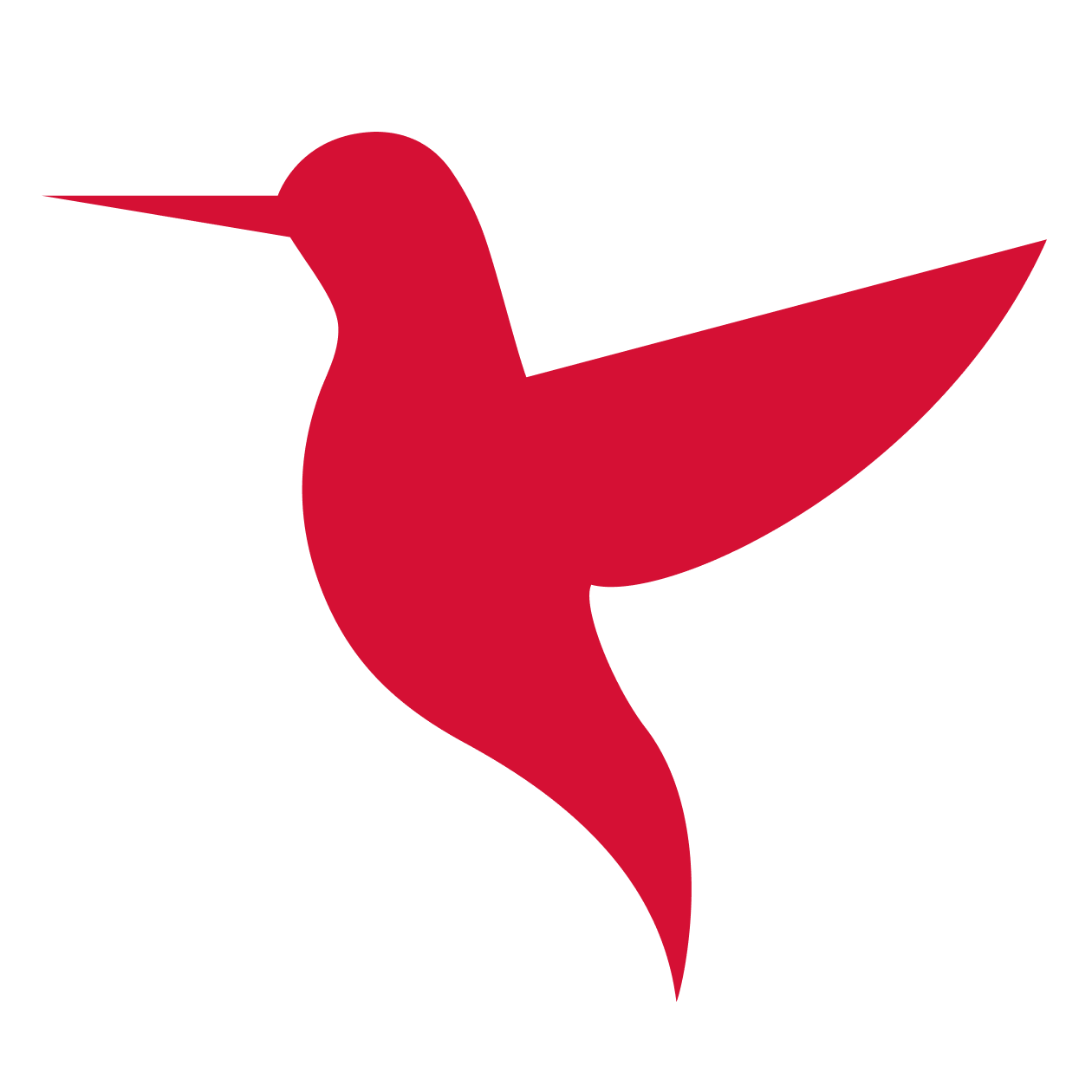Twitter was never a perfect platform.
Twitter, like all social media, has never been a perfect platform. It has had its fair share of toxic communities, but amidst the imperfections, I found bright spots and life-changing opportunities.
I joined Twitter in 2012, six years after its inception, right at the beginning of my career as a designer. Initially, my tweets were filled with floods of hashtags and meaningless thoughts, but as time went on, the platform evolved into a space where I could truly connect with key communities.
Through Twitter, I forged connections with fellow designers, engineers, and tech leaders. It opened doors to various tech communities that advocated for equity, inclusion, accessibility, privacy, security, sustainability, and much more.
While the platform was far from flawless, it provided me with invaluable opportunities to learn from others and share my own knowledge.
Through Twitter, I was able to reach at least 20,000 people (a humble follower count compared to others) about my personal passions for accessibility, inclusive design, ketchup, and cats.
During wildfires in my area, I relied on the platform to check for evacuation updates and to keep track of others in the region. I stumbled upon job opportunities thanks to what I shared there and was even able to extend a helping hand to others.
What made Twitter truly special were the genuine friendships I formed. So many people who have fundamentally changed my life, I met through Twitter.
Twitter might have its flaws, but for me, it became a valuable tool for professional growth, personal connections, and community engagement.
In other contexts, I encountered both harassment and trolling on Twitter.
There were moments when I faced private and even public harassment, and the platform’s toxicity took a toll on my mental well-being, even during the best of times.
The idea of leaving the platform altogether often crossed my mind long before Musk acquired it in 2022. Nevertheless, I chose to remain because it was one of the few spaces where I could strike a balance between my playful and serious sides, connecting with others who shared my experience as a disabled, neurodivergent, and queer individual.
During the pandemic, when I found myself isolated for months on end, Twitter became my lifeline to the outside world — a connection I desperately needed. It provided solace and a sense of community, supporting me through those challenging times.
My relationship with Twitter is far from unique; many others have shared similar stories of its impact on their lives.
However, since Musk’s acquisition, all the positive aspects that once made the platform special have now faded away.
I have never been a Musk fan and have criticized the hyper-conservative billionaire boys club of Silicon Valley for quite some time. So when Musk acquired Twitter for a staggering $44 billion dollars, my hopes for the platform’s future were low.
Despite my reservations, I found it challenging to let go. It was hard to accept the significant step backward this brought about for the entire tech community.
As events unfolded, my worst fears were confirmed.
Witnessing Musk dismantle the Accessibility team, substantial parts of Trust and Safety, and other crucial teams that had contributed to making Twitter a more tolerable and safer space for me, was disheartening. The impact was personal as I watched friends and peers lose their jobs, while visa workers were placed in precarious positions.
The tipping point for me really was when Musk eliminated the accessibility team. It was agonizing to see the hard-fought victories and efforts of disability rights activists and accessibility advocates joyfully crushed beyond comprehension.
Musk’s apparent lack of concern as he continued to remove safety and access measures for countless people like myself was deeply unsettling.
Despite the mounting disappointment, I held on to the platform for far too long. It felt as if my agency and power were being stripped away, and that realization was hard to bear — especially when there were so few other contexts where I felt my voice carried any weight.
Leaving Twitter became a necessary act of preserving my values and principles, even if it meant relinquishing a platform that had once carried my voice.
Part of me yearned to safeguard my account, holding on to the hope that one-day things might change, and the platform could once again be a positive space for me. Yet, deep down, I knew these were merely comforting lies I told myself, driven by the fear of feeling as disempowered as I had become.
It’s disheartening to witness how Musk and other thoughtless leaders in the tech industry have left many of us feeling disempowered. The actions they’ve taken have had a detrimental impact on our sense of agency and influence.
But I’ve reached a point where I refuse to accept this state of disempowerment any longer. It’s time to take a stand and reclaim control over my own digital space and narrative.
I understand many do not have the privilege to leave as I do. Others have asked I do not leave.
But every moment my content is used on the festering husk of Twitter feels insulting to me, and although a lot of my reach and voice have been taken from me I’d rather have the freedom to remove myself from it now than suffer through what comes next.
As my account has been deactivated, please know someone else could claim my old handle, annaecook. But it won’t be me.
In the future, if you would like to hear from me, please connect with me on:
My personal blog (and maybe sometimes Medium)
